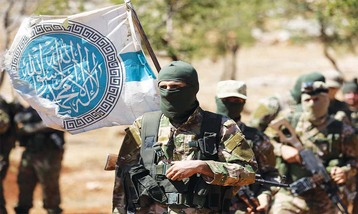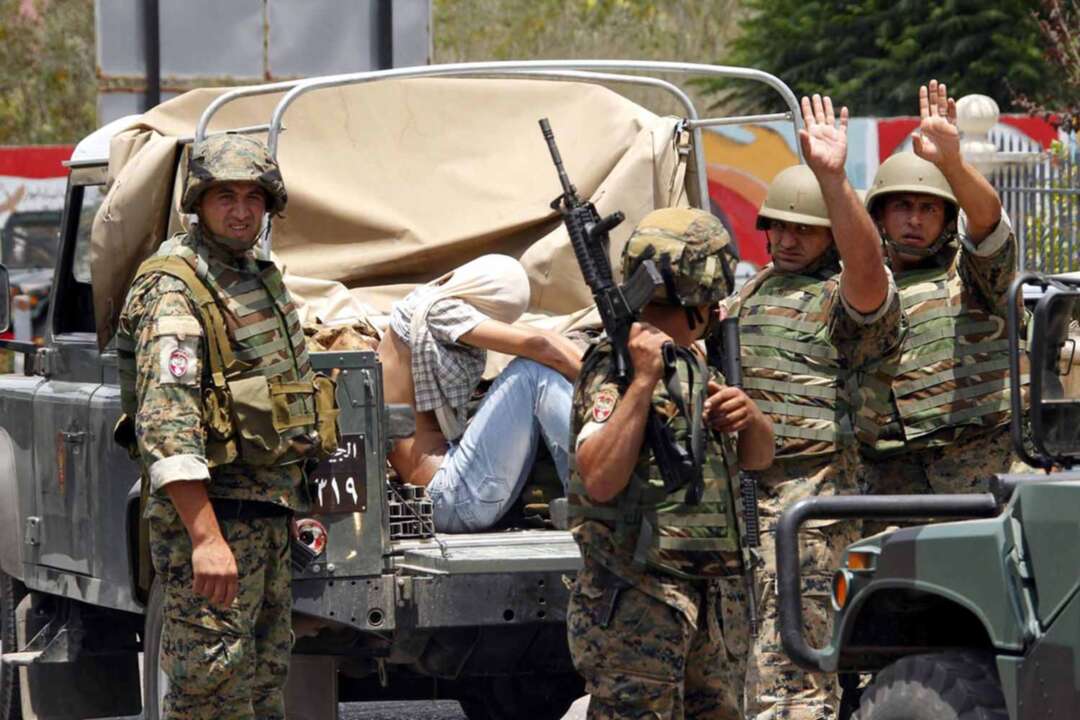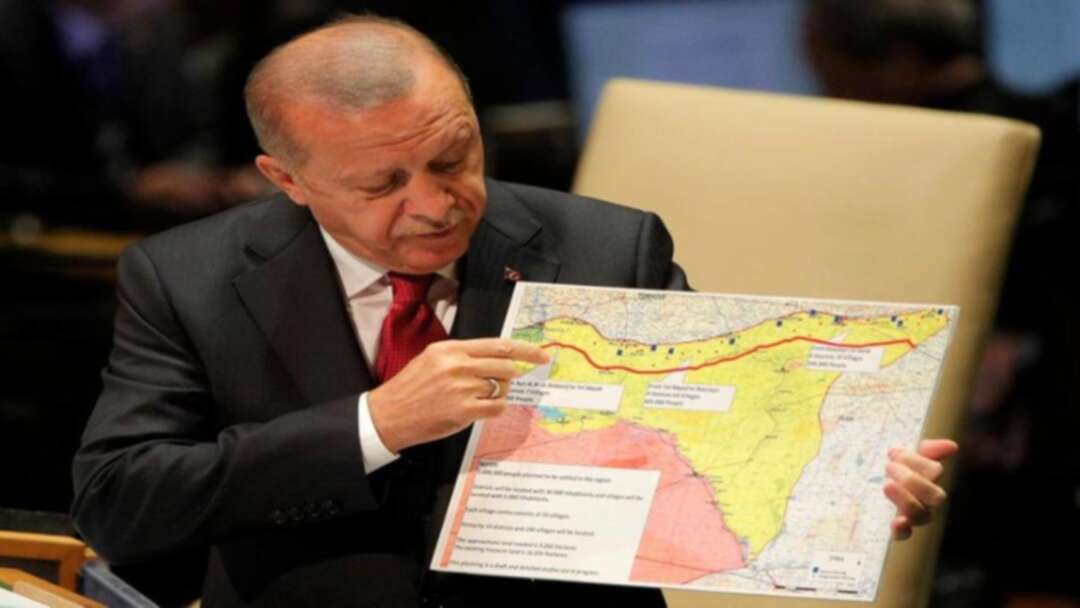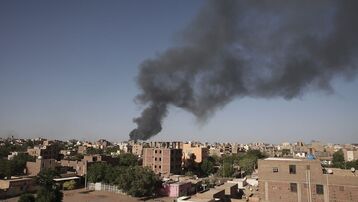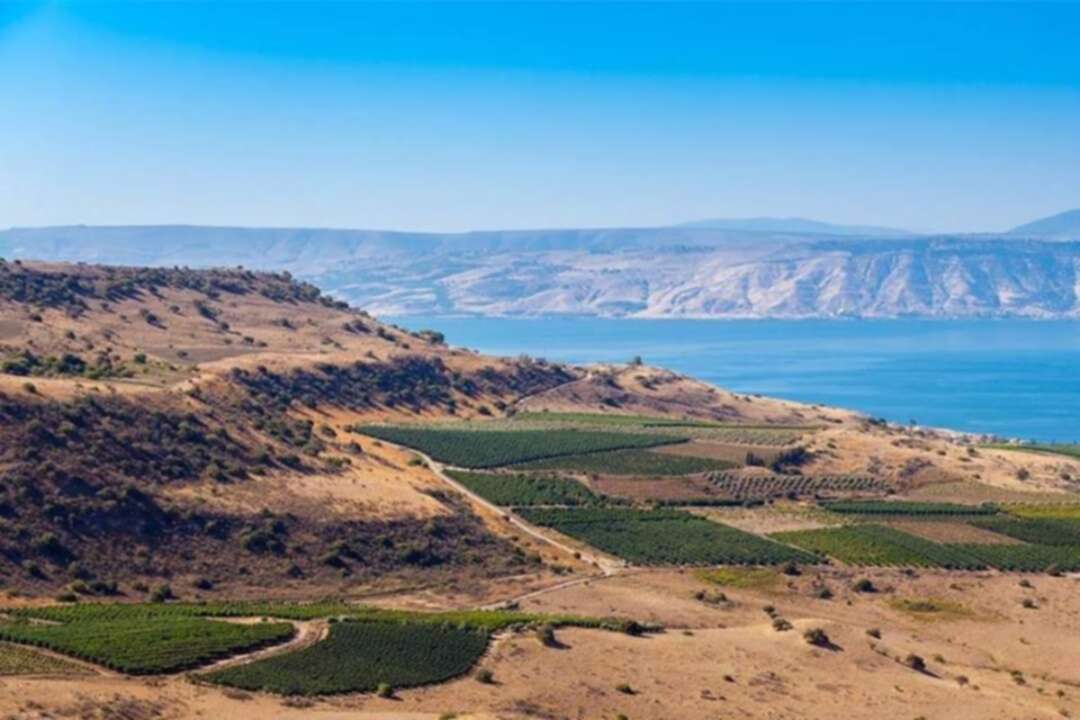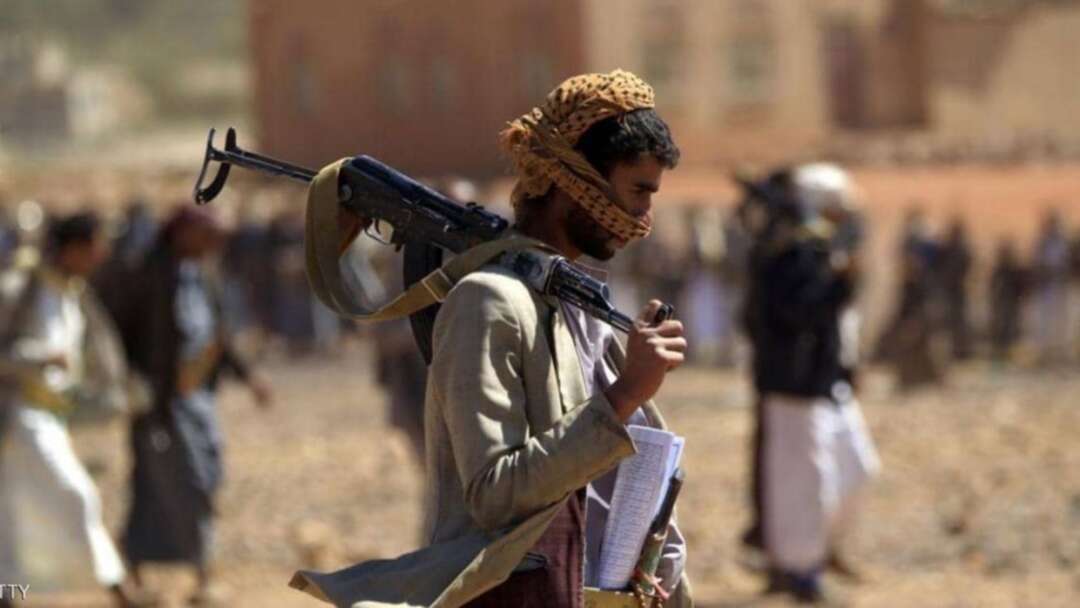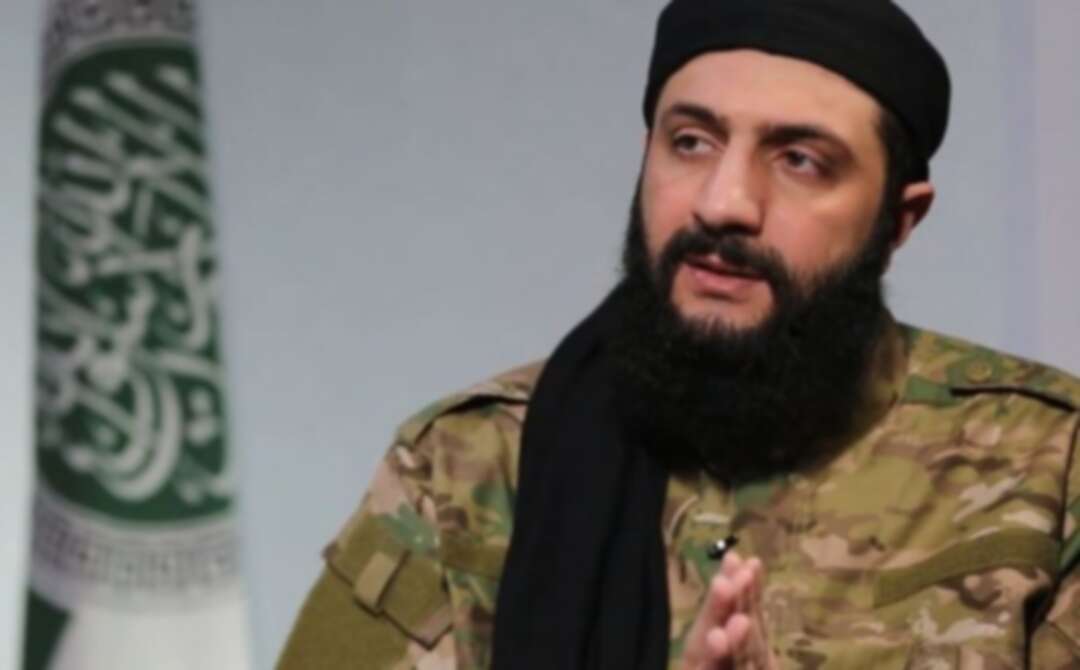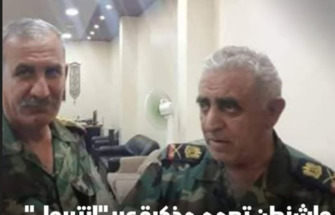-
WHO warns of global nursing shortage, lack of health workers in eastern Mediterranean
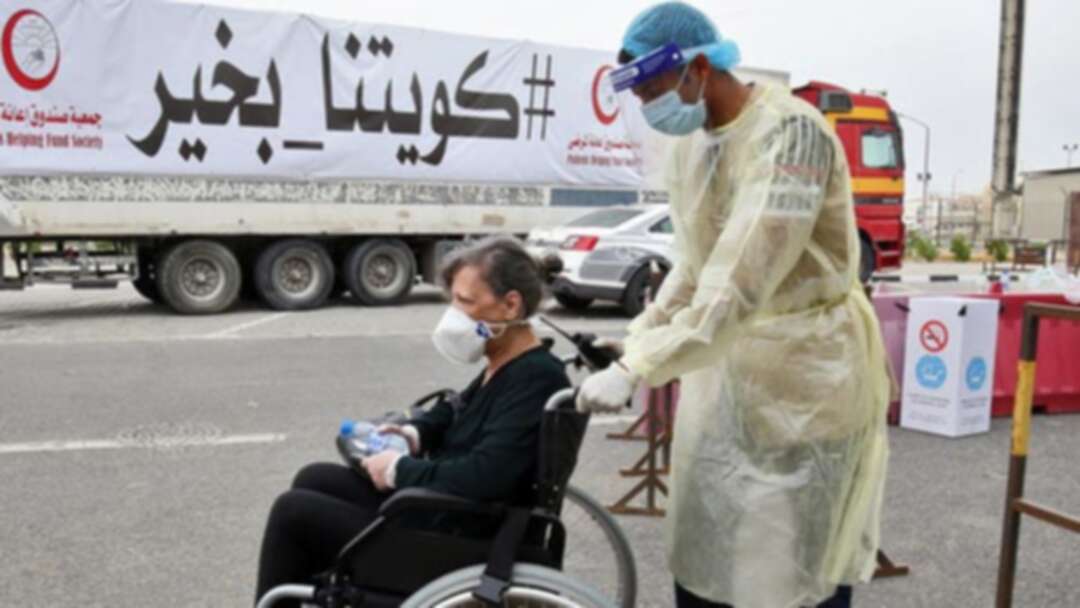
The World Health Organization warned Tuesday of a shortage of health workers in the Eastern Mediterranean region and said underreporting of coronavirus cases remains a challenge. WHO warns of
“We need health workers to be mobilized to ensure their availability to meet shortages,” Ahmed al-Mandhari, WHO’s Eastern Mediterranean director, told an online press conference from Cairo.
“We also need to protect health workers... to prevent and control infections and provide them with the required personal protection equipment,” he said.
Mandhari noted a sharp decline in nurses and midwives in the region and urged investments to plug the gap.
WHO says the world is facing a global nursing shortage and needs another six million nurses in the profession.
Hospitals and health workers in the region and across the globe have been overstretched to deal with the virus outbreak.
Egypt and several other countries in the region, which for WHO stretches to Afghanistan and Yemen, have reported infections among medics.
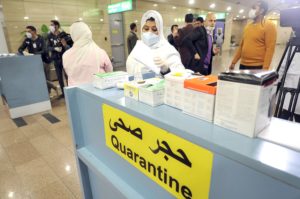 Egyptian Quarantine Authority employees prepare to scan body temperature for incoming travelers at Cairo International Airport to detect coronavirus. (File photo: AFP)
Egyptian Quarantine Authority employees prepare to scan body temperature for incoming travelers at Cairo International Airport to detect coronavirus. (File photo: AFP)In the conference, WHO’s regional emergency director Richard Brennan said a flattening in the number of cases in Iran has been observed.
But there was “still an opportunity to rapidly scale up control measures” for early detection, testing, isolation of confirmed cases and rapid treatment in the region.
Compiling an accurate count of new infections remains a “challenge” for all countries, Brennan said.
“There is a general acknowledgment now that across the globe, almost every country, is underreporting cases,” he said.
“But I do believe that ministries of health across the region are working hard to scale up their testing ... and to strengthen their reporting.” WHO warns of
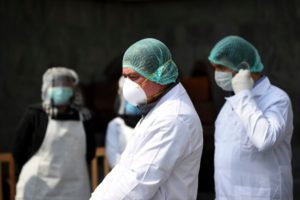 Afghan health services staff wearing protective gear, as a preventive measure against the spread of the COVID-19 coronavirus, wait to check the body temperature of guests ahead of the start of Afghanistan President Ashraf Ghani's swearing-in inauguration ceremony, at the Presidential Palace in Kabul on March 9, 2020.
Afghan health services staff wearing protective gear, as a preventive measure against the spread of the COVID-19 coronavirus, wait to check the body temperature of guests ahead of the start of Afghanistan President Ashraf Ghani's swearing-in inauguration ceremony, at the Presidential Palace in Kabul on March 9, 2020.Across the region, confirmed COVID-19 cases have reached 78,500 and more than 4,100 fatalities, with Iran hardest hit by the virus, according to figures on WHO’s website.
Other countries in the region have so far each declared infection rate below 4,000 cases. levant
source: AFP levant
You May Also Like
Popular Posts
Caricature
Syrians' concerns now
- December 10, 2024
Syrians' concerns now #Syria
#Bashar_al-Assad
#Liberation_of_Syria
#Syrians
#Future_of_Syria
#Levant_News

opinion
Report
ads
Newsletter
Subscribe to our mailing list to get the new updates!

